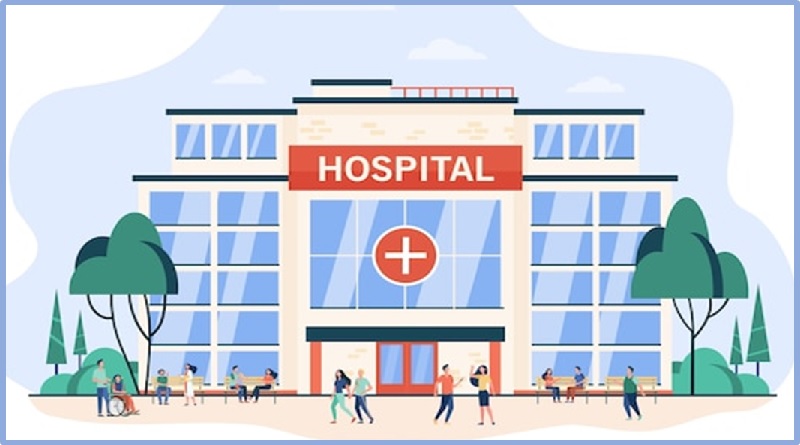Research suggests that changes in the nervous system and brain occur after trauma. Oxidative stress — the excess production of reactive oxygen species relative to the body’s ability to counteract their harmful effects — may lead to inflammation and an inability to control emotional responses, which can put a person at risk of mental health conditions and may promote the development of schizophrenia.
A combination of genetic and environmental factors, such as dangerous surroundings or living in poverty, can give rise toTrusted Source schizophrenia. If a person has a genetic predisposition to schizophrenia, trauma may trigger it.
Trauma during childhood may affectTrusted Source how the body responds to the neurotransmitter dopamine, which may lead to the development of psychotic symptoms.
Childhood trauma and schizophrenia
ResearchTrusted Source suggests that schizophrenia occurs due to a combination of genetic and environmental factors, which can cause abnormal development in the brain.
In people with these risk factors, severely stressful life events, trauma, abuse, or neglect may trigger the condition.
In a meta-analysis of studies, researchers found that negative childhood experiences significantly increased the risk of developing psychosis and schizophrenia.
Although childhood trauma may lead to schizophrenia, symptoms may not appear until adulthood.
Schizophrenia can happen at any age, but it usually occurs between the late teens and early 30s and is unusual in anyone under the age of 12 years.
Schizophrenia and PTSD
Post-traumatic stress disorder (PTSD) is a psychiatric condition that can occur after people have experienced trauma, such as physical or sexual assault, a vehicle accident, or a natural disaster. The symptoms of PTSD include:
- intrusive memories
- withdrawal
- hypervigilance
A 2018 review notes that the symptoms of PTSD may overlap with those of schizophrenia. Both conditions can cause:
- hallucinations
- social isolation
- dissociative symptoms, such as feeling detached or having memory problems
The review concluded that PTSD appears to be more prevalent among people with schizophrenia than it is in the general population, despite the similar levels of exposure to trauma.
It may be, therefore, that people with schizophrenia have an increased vulnerability to trauma. However, the research does not rule out the possibility that people with PTSD are more susceptible to schizophrenia.
What else might contribute to schizophrenia?
According to the National Alliance on Mental Illness, factors that may contribute to schizophrenia include:
1. Genetics: The risk of developing schizophrenia is more than six times higher among those who have a parent or sibling with the condition.
2. Environmental factors: Poor nutrition or exposure to viruses before birth increases the risk of developing schizophrenia. Autoimmune diseases may also lead to people developing psychosis.
3. Brain chemistry: Certain neurotransmitters, called dopamine and glutamate, may play a role in schizophrenia.
Substance use: Taking drugs that alter the mind, such as cannabis, during adolescence or early adulthood may increase the risk of schizophrenia.
Can trauma cause other types of mental illness?
Trauma and abuse as a child or adult can be a risk factorTrusted Source for developing other mental health conditions, including:
- anxiety disorders
- depression
- severe stress or fear
- misuse of alcohol or drugs
- borderline personality disorder
- eating disorders
- self-harm
They can also put a person at higher risk of suicide.
When to contact a doctor
The early diagnosis and treatment of schizophrenia play an important role in recoveryTrusted Source. Anyone who notices any symptoms of psychosis or schizophrenia should contact a doctor as soon as possible.
The symptoms of schizophrenia include:
- hallucinations
- delusions, in which a person may have irrational, false beliefs
- unusual or illogical thinking patterns, such as disorganized thoughts and speech
- movement disorder, in which a person has abnormal or repetitive movements
- loss of motivation or interest in usual activities
- social withdrawal
- difficulty expressing emotions
- speaking in monotone
- low energy
- difficulty making decisions
- difficulty with using learned information
- concentration problems
If people have experienced trauma and sustained a physical injury, they need to contact a doctor or go to a hospital right away. They might also need to contact the police.
If trauma affects a person’s mental health, a mental health professional can help by working with them to create an effective treatment plan.
The Substance Abuse and Mental Health Services Administration (SAMHSA) provides a national helpline that is available 24-7 every day of the year to provide mental health services. If people are in immediate danger, they can call 911 or their local emergency number.






